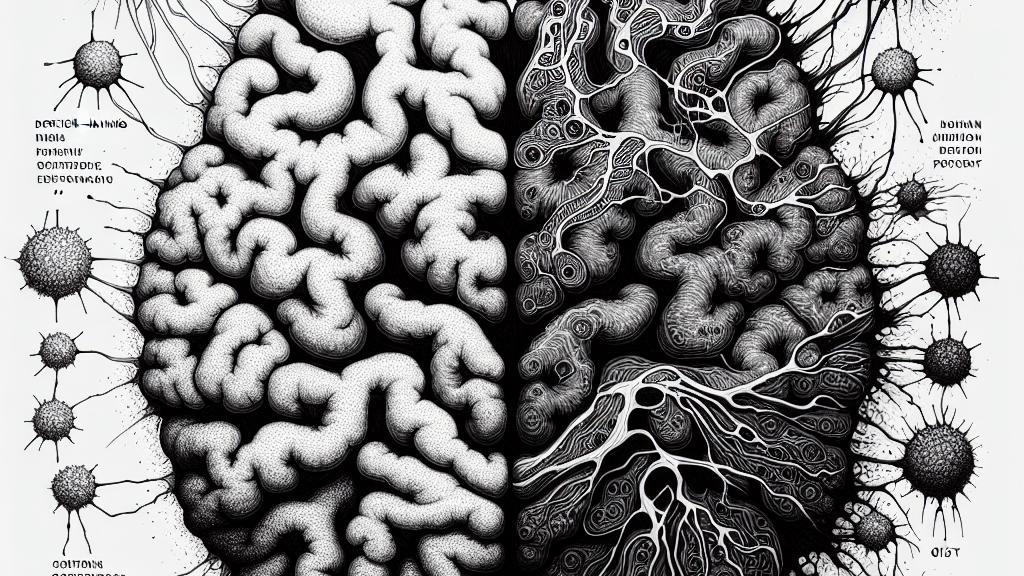The Dilemma of Evolution: Brain Gains at Risk from Time's Toll!
Overview
- Human brain evolution has led to significant advancements in cognitive abilities.
- These advancements, particularly in the prefrontal cortex, make us more susceptible to aging effects.
- Research highlights the trade-off between enhanced brain function and increased vulnerability to age-related decline.

The Evolutionary Journey of the Human Brain
In a groundbreaking study conducted in the United Kingdom, researchers have explored the evolutionary progression of the human brain, particularly focusing on the prefrontal cortex. This region, responsible for advanced cognitive functions such as decision-making, impulse control, and complex thought processes, has undergone significant expansion compared to the brains of our closest relatives, chimpanzees. However, this evolutionary achievement comes with a price; the data indicates that these newly developed areas are also the first to show age-related decline. Notably, the theory of 'last in, first out' applies here, suggesting that the latest evolutionary advancements are the first to exhibit deterioration over time. This duality of evolution represents a fascinating, yet challenging aspect of human cognition.
Cognitive Health: Essential for Quality of Life
Cognitive health is integral to maintaining quality of life as we age. Defined as the ability to think, learn, and remember, cognitive health enables individuals to perform everyday tasks effectively, such as driving, cooking, and managing finances. The National Institute on Aging emphasizes that various factors—including genetics, environment, and lifestyle choices—play a critical role in influencing cognitive health. Engaging in regular physical activity, consuming a nutritious diet rich in vitamins and omega-3 fatty acids, and maintaining social connections can all contribute to cognitive resilience. By adopting these healthy practices, individuals can help mitigate the risks of cognitive decline, which has become an essential aspect of public health, considering the growing aging population.
What Comparative Studies Reveal About Human Cognition
Comparative brain studies have deepened our understanding of the unique vulnerabilities of the human brain in the face of aging. By examining the brains of chimpanzees, olive baboons, and rhesus macaques, researchers found notable differences in how various species age cognitively. While all these primates share certain structural similarities, humans distinctive exhibit an accelerated cognitive decline in the prefrontal cortex, a feature that is closely linked to our advanced cognitive functions. The findings reveal that our sophisticated abilities come with increased risks as we age. Additionally, this research prompts essential inquiries about the underlying mechanisms leading to cognitive decline and whether specific interventions might counteract these age-related changes. Understanding these patterns offers critical insights into preserving brain health across the lifespan.

Loading...